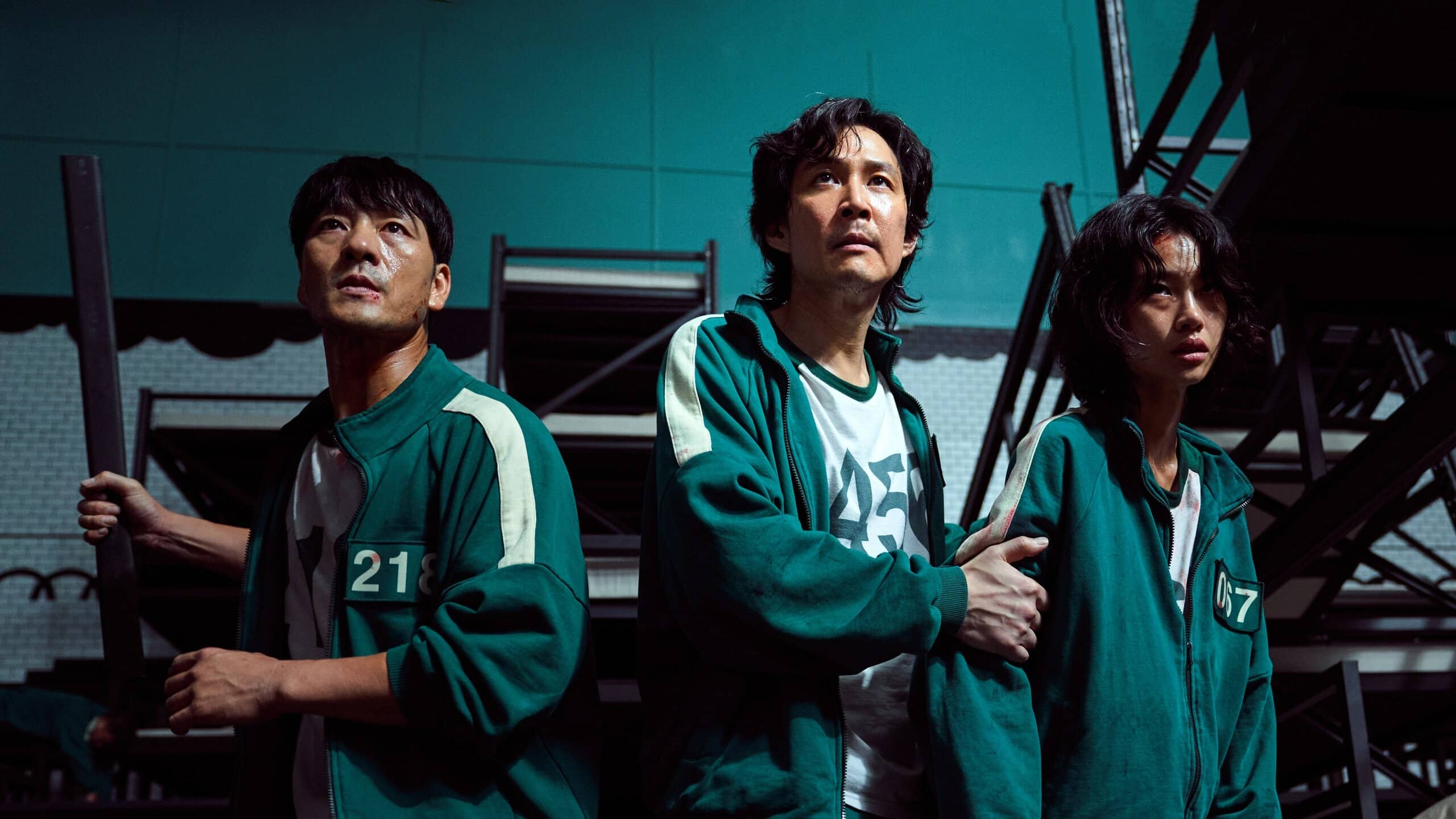
How a real-life incident inspired Netflix's hit show 'Squid Game'
What's the story
Hwang Dong-hyuk, the creator of Netflix's global sensation Squid Game, has revealed that the show was inspired by the violent labor strikes at South Korea's Ssangyong Motor Company in 2009. Speaking to AFP, Hwang said that these events inspired the creation of the series' protagonist, Seong Gi-hun. The labor unrest stemmed from over 2,600 employees being laid off—nearly 40% of the workforce—due to financial difficulties faced by Ssangyong.
Series theme
'Squid Game' reflects workers' struggle and economic disparity
Hwang further explained that the series mirrors the high-stakes battle for survival faced by workers during the strike. The central theme of Squid Game—that anyone can fall to the bottom of the economic ladder overnight—is a stark reflection of the Ssangyong workers' plight. Despite its fictional framework, Squid Game struck a chord by exposing systemic issues of inequality, debt, and exploitation—themes that resonate universally.
Upcoming season
'Squid Game' Season 2: What to expect?
The much-awaited second season of Squid Game returns to Netflix on Thursday (December 26). The first season became OTT's biggest series launch in 2019 with over 111 million viewers. The new season will see Seong, the former winner, return to take revenge and end the deadly games. Hwang made history as the first Asian to win an Emmy for Outstanding Directing in a Drama Series for his work on Squid Game.
Societal impact
Union leader's perspective on 'Squid Game' and labor rights
Union leader Lee Chang-kun, who protested against a sentence favoring Ssangyong during the strikes by holding a sit-in for 100 days atop a factory chimney, weighed in on Squid Game. He was moved by scenes where Seong struggles not to betray his fellow competitors. But he wished the show had spurred real-life change for workers in South Korea. "Despite being widely discussed and consumed, it is disappointing that we have not channeled these conversations into more beneficial outcomes," he said.